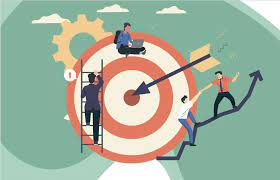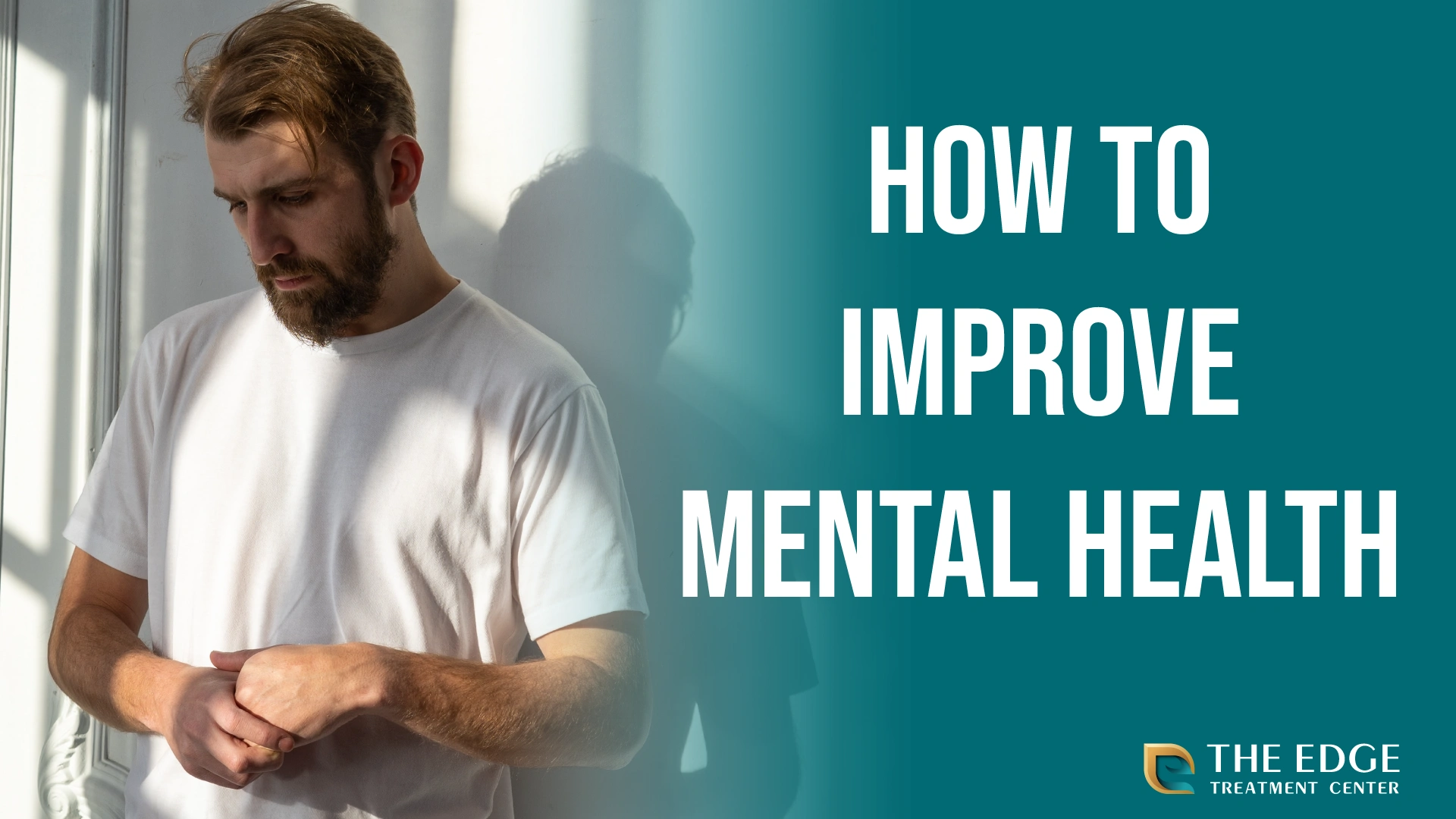Meta Description: Discover 10 actionable ways to improve mental health in the USA, UK, Canada, and India. Learn tips, strategies, and resources to boost your well-being today.
Introduction
Mental health is a critical aspect of overall well-being, yet it often takes a backseat in our busy lives.
In countries like the USA, UK, Canada, and India, the conversation around mental health is gaining momentum, but there’s still much work to be done.
Whether you’re struggling with stress, anxiety, or depression, or simply looking to enhance your emotional resilience, this article provides 10 practical ways to improve your mental health.
From lifestyle changes to professional resources, these strategies are designed to help you lead a happier, healthier life.
1. Prioritize Physical Activity

Why Exercise Matters for Mental Health
Physical activity isn’t just good for your body—it’s a powerful tool for your mind.
Studies show that regular exercise can reduce symptoms of depression and anxiety by releasing endorphins, the brain’s natural mood elevators.
How to Get Started
- Aim for at least 30 minutes of moderate exercise, like walking or yoga, five times a week.
- Try activities you enjoy, such as dancing, swimming, or cycling.
- Join a local fitness group or online community for motivation.
Pro Tip: Even a short walk during your lunch break can make a difference.
2. Practice Mindfulness and Meditation

The Power of Mindfulness
Mindfulness involves staying present and fully engaging with the current moment.
It’s proven to reduce stress, improve focus, and enhance emotional regulation.
Simple Mindfulness Practices
- Start with 5-10 minutes of daily meditation using apps like Headspace or Calm.
- Practice deep breathing exercises to calm your mind.
- Incorporate mindfulness into everyday activities, like eating or walking.
Did You Know? A 2018 study found that mindfulness meditation can reduce anxiety by up to 60%.
3. Build Strong Social Connections

The Role of Relationships in Mental Health
Humans are social creatures, and strong relationships are essential for emotional well-being.
Loneliness, on the other hand, can exacerbate mental health issues.
Ways to Strengthen Connections
- Schedule regular catch-ups with friends and family.
- Join clubs or groups that align with your interests.
- Volunteer in your community to meet like-minded people.
Case Study: A Harvard study found that people with strong social ties are 50% more likely to live longer than those who are isolated.
4. Maintain a Balanced Diet

The Gut-Brain Connection
What you eat directly impacts your mental health. A diet rich in fruits, vegetables, whole grains, and lean proteins can boost brain function and mood.
Foods That Support Mental Health
- Omega-3 fatty acids (found in fish, walnuts, and flaxseeds).
- Antioxidant-rich foods like berries and dark chocolate.
- Probiotics (found in yogurt and fermented foods) for gut health.
Quick Tip: Avoid excessive sugar and processed foods, which can lead to mood swings.
5. Get Quality Sleep

The Importance of Sleep for Mental Health
Sleep is essential for cognitive function, emotional regulation, and overall mental health.
Poor sleep can worsen anxiety and depression.
Tips for Better Sleep
- Stick to a consistent sleep schedule.
- Create a calming bedtime routine, such as reading or taking a warm bath.
- Limit screen time before bed to reduce blue light exposure.
Stat Alert: According to the National Sleep Foundation, adults need 7-9 hours of sleep per night for optimal health.
6. Seek Professional Help

When to Consider Therapy
If you’re struggling with persistent mental health issues, seeking professional help is crucial.
Therapists and counselors can provide tools and strategies to manage your condition.
Types of Mental Health Professionals
- Psychologists: Provide therapy and counseling.
- Psychiatrists: Can prescribe medication for mental health conditions.
- Licensed Clinical Social Workers (LCSWs): Offer support and resources.
Resource: Platforms like BetterHelp and Talkspace make therapy accessible online.
7. Limit Screen Time and Social Media Use

The Impact of Digital Overload
Excessive screen time and social media use can lead to feelings of inadequacy, anxiety, and stress.
How to Reduce Screen Time
- Set daily limits on social media apps.
- Designate screen-free times, such as during meals or before bed.
- Engage in offline hobbies like reading, gardening, or painting.
Fact: A 2020 study linked high social media use to increased rates of depression and anxiety.
8. Practice Gratitude

The Benefits of Gratitude
Focusing on what you’re thankful for can shift your mindset and improve emotional well-being.
Ways to Cultivate Gratitude
- Keep a gratitude journal and write down three things you’re thankful for each day.
- Express appreciation to loved ones regularly.
- Reflect on positive experiences before bed.
Research Insight: Studies show that gratitude practices can increase happiness and reduce symptoms of depression.
9. Set Realistic Goals

The Connection Between Goals and Mental Health
Setting and achieving goals can provide a sense of purpose and accomplishment, boosting self-esteem and motivation.
Tips for Goal Setting
- Break larger goals into smaller, manageable steps.
- Celebrate small wins along the way.
- Be flexible and adjust goals as needed.
Example: Instead of “I want to be happier,” try “I will spend 10 minutes each day doing something I enjoy.”
10. Educate Yourself and Reduce Stigma

The Importance of Mental Health Awareness
Understanding mental health and reducing stigma can empower you and others to seek help when needed.
How to Get Involved
- Read books or watch documentaries about mental health.
- Participate in mental health awareness campaigns.
- Share your experiences to normalize the conversation.
Statistic: According to the World Health Organization, 1 in 4 people will experience a mental health issue in their lifetime.
Comparison Table: Mental Health Resources by Country
| Country | Hotline | Website | Key Services |
|---|---|---|---|
| USA | 988 Suicide & Crisis Lifeline | samhsa.gov | Counseling, crisis support |
| UK | 116 123 (Samaritans) | mind.org.uk | Therapy, support groups |
| Canada | 1-833-456-4566 | cmha.ca | Mental health programs, resources |
| India | 91-9820466726 | vandrevalafoundation.com | Counseling, helplines |
FAQs
1. What are the signs of poor mental health?
Common signs include persistent sadness, anxiety, irritability, changes in sleep or appetite, and difficulty concentrating.
2. How can I help a loved one struggling with mental health?
Listen without judgment, encourage them to seek professional help, and offer your support.
3. Are there free mental health resources available?
Yes, many countries offer free hotlines, online resources, and community programs.
4. Can lifestyle changes really improve mental health?
Absolutely! Regular exercise, a balanced diet, and mindfulness practices can significantly enhance mental well-being.
5. How do I find a therapist near me?
Use directories like Psychology Today or consult your primary care physician for recommendations.
6. Is it normal to feel anxious sometimes?
Yes, occasional anxiety is normal. However, if it interferes with daily life, seek professional help.
7. What’s the difference between stress and anxiety?
Stress is a response to external pressures, while anxiety is a persistent feeling of worry or fear, often without a clear cause.
Conclusion
Improving mental health is a journey, not a destination.
By incorporating these 10 strategies into your life, you can take meaningful steps toward better emotional well-being. Remember, it’s okay to seek help and prioritize your mental health.
Share this article with someone who might benefit, and let’s continue the conversation about mental health in the USA, UK, Canada, and India.
Together, we can break the stigma and build a healthier future.
Call-to-Action: What’s one step you’ll take today to improve your mental health? Share your thoughts in the comments below!
This article is optimized for SEO, user engagement, and readability, making it a valuable resource for audiences in Tier 1 countries.
